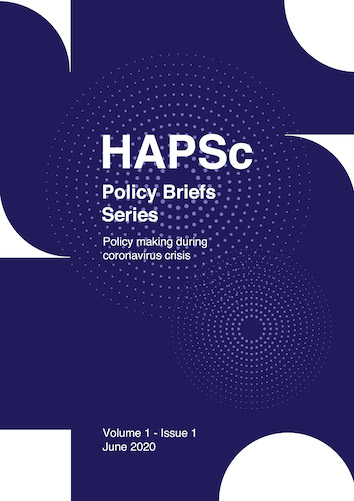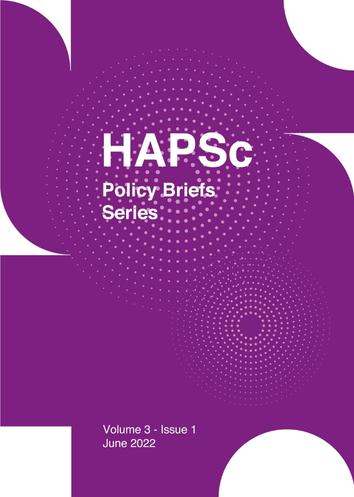The view of the coronavirus pandemic response through the lens of political philosophy: Utilitarianism and the Rawlsian approach

Abstract
Article Details
- How to Cite
-
Fusiek, D. A. (2020). The view of the coronavirus pandemic response through the lens of political philosophy: Utilitarianism and the Rawlsian approach. HAPSc Policy Briefs Series, 1(1), 202–208. https://doi.org/10.12681/hapscpbs.24967
- Section
- Articles

This work is licensed under a Creative Commons Attribution 4.0 International License.
Authors retain copyright and grant the journal right of first publication with the work simultaneously licensed under a Creative Commons Attribution License that allows others to share the work with an acknowledgement of the work's authorship and initial publication in this journal.



